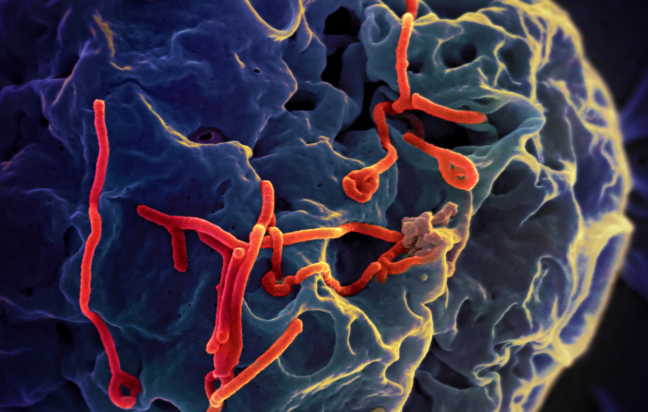A University of Wisconsin professor has developed an Ebola vaccine which has proven successful in primates exposed to the virus.
UW professor of pathobiological sciences Yoshihiro Kawaoka, an expert on avian influenza, Ebola and other viruses, led a team in developing the vaccine. Their discovery was published in the journal Science Thursday.
The vaccine potentially offers more protection because, as a whole virus vaccine, it provides the immune system with the full degree of Ebola genes, according to a UW statement. Whole virus vaccines have been used successfully in the past to treat diseases including polio, influenza, hepatitis and cervical cancer.
Whole virus vaccines have an advantage because the immune system is provided with the full range of genetic material and is more likely to trigger a broader immune response, according to the statement.
“In terms of efficacy, this affords excellent protection,” Kawaoka said in a UW statement. “It is also a very safe vaccine.”
The tests were conducted on cynomolgus macaques, which are highly susceptible to the Ebola virus, according to the statement.
The vaccine was developed in a system that allowed scientists to safely work with the virus because a key gene, which allows the Ebola virus to reproduce in host cells, has been deleted, the statement said.
The virus can be studied safely in labs after scientists have engineered monkey kidney cells to no longer express that same gene, according to the statement.
The vaccine was also chemically inactivated by hydrogen peroxide.
“It’s the best model,” Kawaoka said. “If you get protection with this model, it’s working.”
Currently there are no vaccines that have proven to effectively treat Ebola although several have been developed in the past years and four have advanced to clinical trials in humans.
The vaccine developed by Kawaoka has not been tested in people but successful treatment of nonhuman primates may lead to clinical trials. Human trials are expensive and complex, which may delay the research, the statement said.
This research was conducted at the National Institute of Health Rocky Mountain Laboratories and led by Heinz Feldmann, according to the statement.


